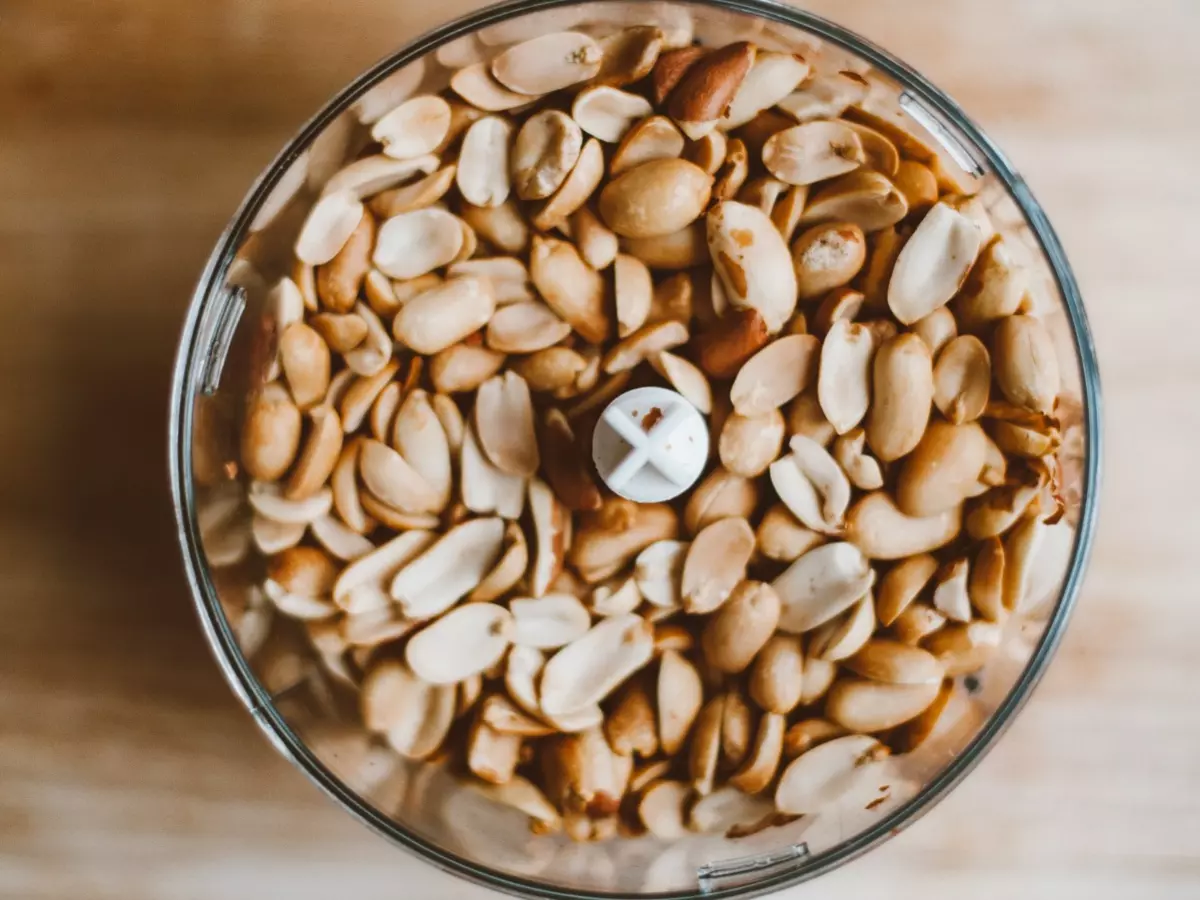Not Just The Perfect Winter Snack, Peanuts Are Packed With Nutrients Beneficial For Health - All You Need To Know
Elders are hellbent on eating peanuts during the cold season. Here are all the benefits of eating peanuts during the winter time.

We Indian kids have always seen our elders consuming peanuts, especially during the winter time. However, we know that they have the wisdom and the knowledge as to why eating those is extremely beneficial to the health during this cold season.
Here are the benefits of peanuts during winters
Peanuts offer various health benefits, and these benefits can be particularly advantageous during the winter season. Here are several points elaborating on the benefits of peanuts during winter:
They have a lot of nutrients
Peanuts are packed with essential nutrients, including protein, fibre, healthy fats, vitamins, and minerals. During winter, when the body needs additional energy to stay warm, the nutrient density of peanuts makes them a valuable food choice.
It is a source of energy
The high caloric content of peanuts provides a quick and sustainable energy boost. This is beneficial during colder months when the body may require extra energy to maintain its temperature and combat the effects of cold weather.
 Pexels
Pexels
It is rich in healthy fats
Peanuts contain monounsaturated and polyunsaturated fats, which are heart-healthy fats. These fats help maintain the body's core temperature and provide a source of long-lasting energy, making them a suitable snack for the winter season.
It boosts immunity
Peanuts contain various vitamins and minerals, including zinc and vitamin E, which play a crucial role in supporting the immune system. During winter, when colds and flu are more prevalent, consuming peanuts can contribute to a stronger immune response.
It regulates blood sugar
The combination of protein and fibre in peanuts helps stabilize blood sugar levels. This can be particularly important during winter when people may be more prone to consuming sugary and high-carbohydrate foods, which can lead to blood sugar fluctuations.
 Pexels
Pexels
It promotes heart health
The healthy fats in peanuts contribute to cardiovascular health by reducing bad cholesterol levels and supporting overall heart function. Maintaining heart health is essential during the winter, as cold weather can put additional stress on the cardiovascular system.
It has warming properties
Peanuts are considered a warming food in traditional medicine systems. In Ayurveda, for example, certain foods are classified as "warming" and are believed to help balance the body during colder seasons. Peanuts, with their dense and nourishing properties, can contribute to a feeling of warmth.
It maintains skin health
Peanuts contain vitamin E, an antioxidant that helps protect the skin from damage caused by free radicals. In winter, when the skin is often exposed to harsh weather conditions, consuming peanuts can contribute to maintaining healthy and moisturized skin.
It is easily accessible
Peanuts are often more affordable compared to some other nuts, making them an economical choice for individuals and families. Their widespread availability ensures that they can be easily included in the winter diet.
 Pexels
Pexels
So, get that packet of peanuts and enjoy it under the sun.
